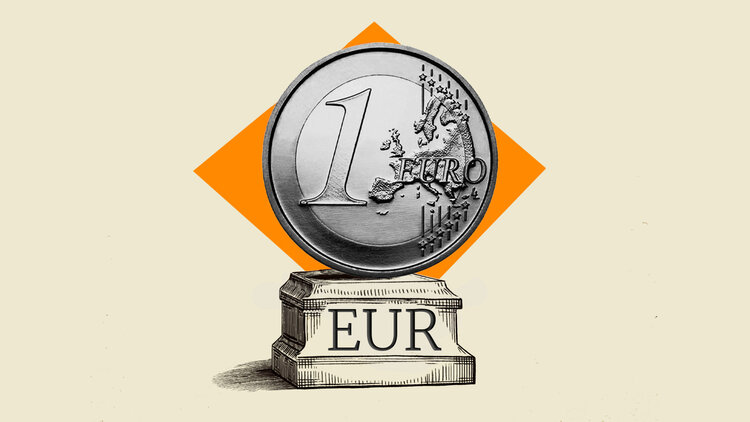The markets operate this Wednesday (17th) with an eye on the risks of increased Brazilian public spending, after President Jair Bolsonaro (no party) signaled to increase civil servants’ salaries.
On Tuesday (16), the stock market closed in decline. On the external side, the outlook for inflation and higher interest rates in developed countries weighed in, which attracts resources to these countries and detracts from the attractiveness of emerging countries. On the domestic side, the IBC-Br weighed in, showing that the economy dropped 0.3% in September.
Helping in the climate of uncertainty and worsening fiscal risk was the announcement made by Bolsonaro yesterday, who said he would readjust the salaries of federal employees in 2022, if the PEC dos Precatório is approved.
The measure reinforces the market’s view that the PEC is a package of benefits that increases public spending more and more, as the elections approach.
Although Minister João Roma, of Citizenship, has denied after that the readjustment will be included in the proposal, investors are anticipating the risk. The result was that the perception of risk increased and the yield curve rose.
In other words, the market expects more expenses, more risks and higher interest rates ahead. High interest rates increase the attractiveness of fixed income and end up harming the Stock Exchange, which explains the new fall yesterday.
World
Abroad, US indices closed yesterday near the record, after the release of retail data, which came in above expectations. Strong results from Home Depot and Walmart also helped. Today, futures open closer to stability after yesterday’s rally.
With the successive highs in the American market, analysts at Ohm Research assess that the market is not pricing inflation above average in the coming years.
In Europe, indices operate close to stability correcting some of yesterday’s strong highs and with inflation data. In the eurozone, October inflation rose to more than double the European Central Bank’s target, driven by energy prices.
Also noteworthy for Germany, which follows Austria and prepares lockdown for non-vaccinated after reaching a new daily record of 53,000 cases of Covid-19.
In Asia, stock markets closed mixed after export data from Japan, which were at their worst level in eight months.
Reference: CNN Brasil
I am Sophia william, author of World Stock Market. I have a degree in journalism from the University of Missouri and I have worked as a reporter for several news websites. I have a passion for writing and informing people about the latest news and events happening in the world. I strive to be accurate and unbiased in my reporting, and I hope to provide readers with valuable information that they can use to make informed decisions.







